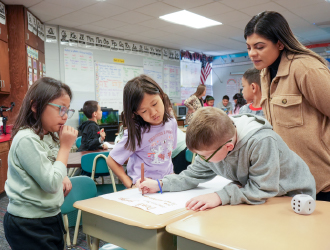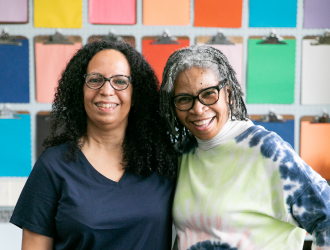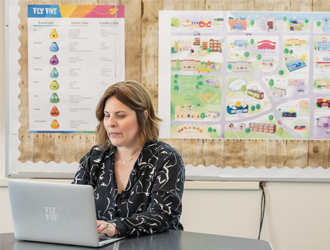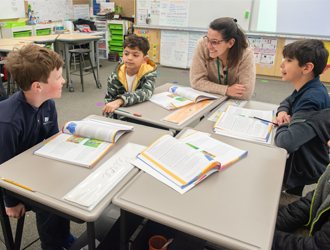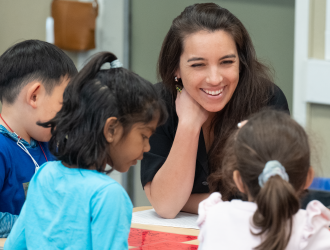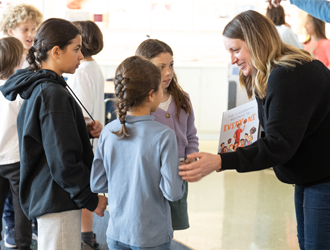Tips for Resolving Conflict in the Classroom
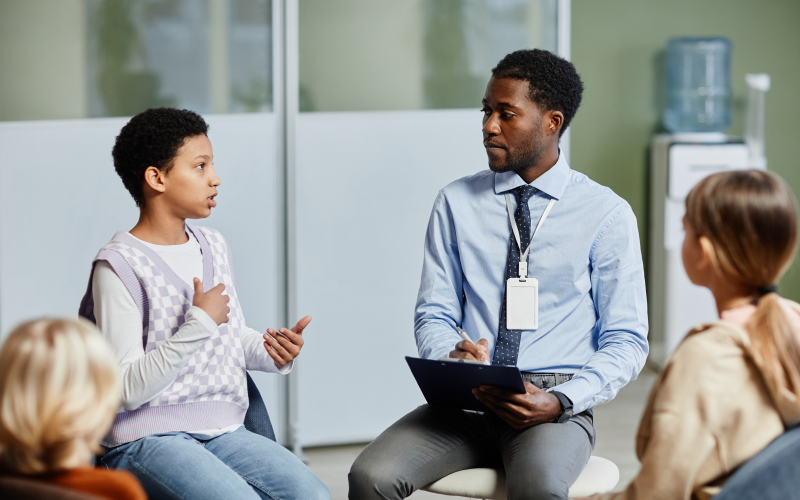
When students learn how to resolve conflicts and disagree respectfully, they improve their communication and problem-solving skills. Together, we’ll explore how educators can help students foster these lifelong skills and encourage conflict resolution in the classroom.
Why Conflict Resolution Matters
Conflict resolution is a way for students to identify, understand, and manage disagreements in order to find a peaceful solution among their peers (Hart, n.d). In a classroom setting, conflict resolution is important because it allows students to resolve differences respectfully—and learn how to communicate their thoughts and feelings. It also gives students the opportunity to practice the essential skills of how to compromise and work together. While some differences in the classroom can be proactively resolved through a shared language and establishment of behavioral norms (Smaldino, 2019), a cooperative learning environment requires careful attention to how both educators and their students respond to conflict.
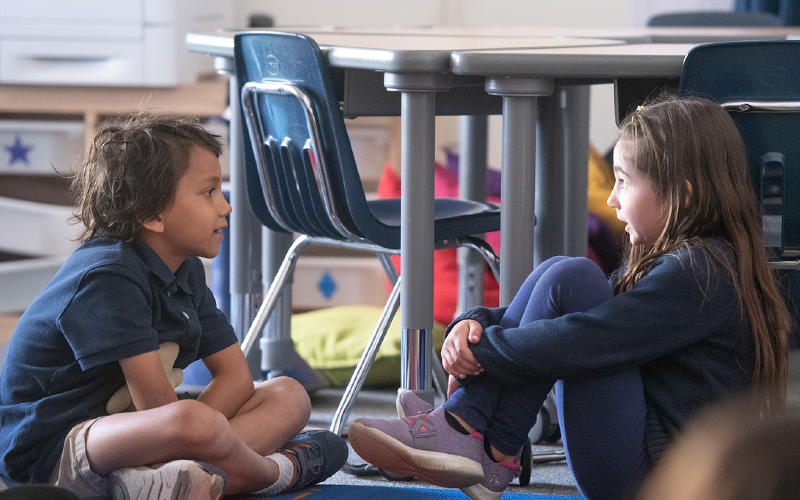
Motivating Students to Work Together
Healthy conflict resolution may look and sound like problem-solving collaboratively, taking turns speaking, or making an effort to understand the other person's point of view. By modeling and practicing these skills in the classroom, students are more likely to respond respectfully to their peers and be willing to compromise in order to find a solution. For example, if two students are fighting over a seat on the bus, they might be able to compromise by each sitting in an aisle seat instead of in seats adjacent to each other. When it comes to healthy conflict resolution between educators and their students, it may look like teachers providing students a framework for handling differences within their peer groups. Cooperative learning environments are ones in which educators highlight what students have in common, removing barriers to understanding and building a coalition of learners working together to meet their shared goals. By redefining what winning and losing mean, teachers can create a shared purpose that motivates all students to work together (Cornwall, 2020).
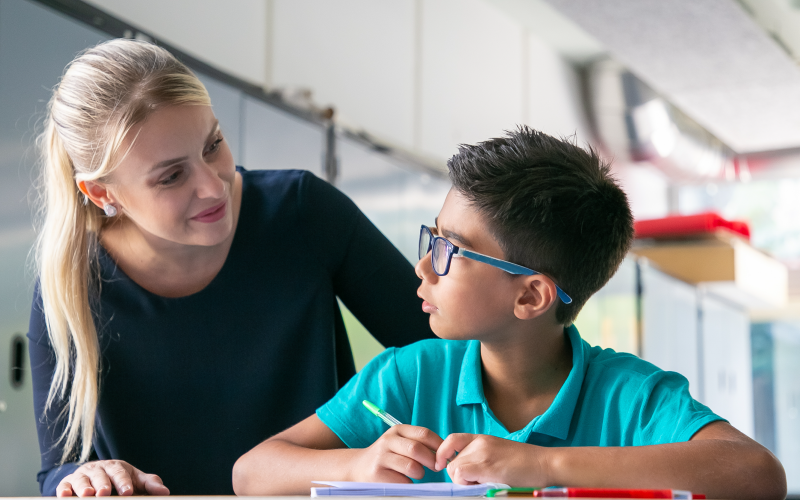
Strategies to Foster the Skill of Conflict Resolution in the Classroom
- Coach students in the use of I-statements. Talk to students about how they can use I-statements to express themselves without slipping into personal attacks or sarcastic remarks. Ask them to imagine how the other person may be feeling to build empathy and help them with perspective-taking.
- Let them speak. When a conflict arises, give time and space to all involved students, allowing them to be heard without interruption. Model active listening without jumping to conclusions and repeat back what you heard to show that you understand what is being said.
- Work together to find a resolution. Through facilitated discussions, you can guide students to a solution. Sometimes the solution will be an apology, and other times it may be a compromise. No matter the outcome, your efforts to promote goodwill and respect for others will help to foster a spirit of cooperation.
- Make sure students know how to get help. Some problems are too big to handle alone. Make sure your students know how to get help as they grow in their problem-solving abilities (Crawford & Bodine, 1996).
When it comes to resolving conflict between students in the classroom, it is important to approach each challenging situation with patience and a set of strategies like those listed above, on hand. Resolving conflict between different groups takes time, effort, and communication—but it is worth it in the end.
References
Cornwall, G. (2020, November 18). What the research says about the academic power of friendship. Mindshift. https://www.kqed.org/mindshift/56979/what-the-research-says-about-the-academic-power-of-friendship
Crawford, Donna and Richard Bodine. Conflict Resolution Education. Washington, DC: Department of Justice. October 1996. Accessed March 12, 2021. https://files.eric.ed.gov/fulltext/ED404426.pdf.
Hart, K. (n.d.). Conflict resolution at school and on the playground. Rutgers New Jersey State Policy Lab. https://policylab.rutgers.edu/conflict-resolution-on-the-playground/
Smaldino, P. E. (2019). Social identity and cooperation in cultural evolution. Behavioral processes, 161, 108–116. https://doi.org/10.1016/j.beproc.2017.11.015



